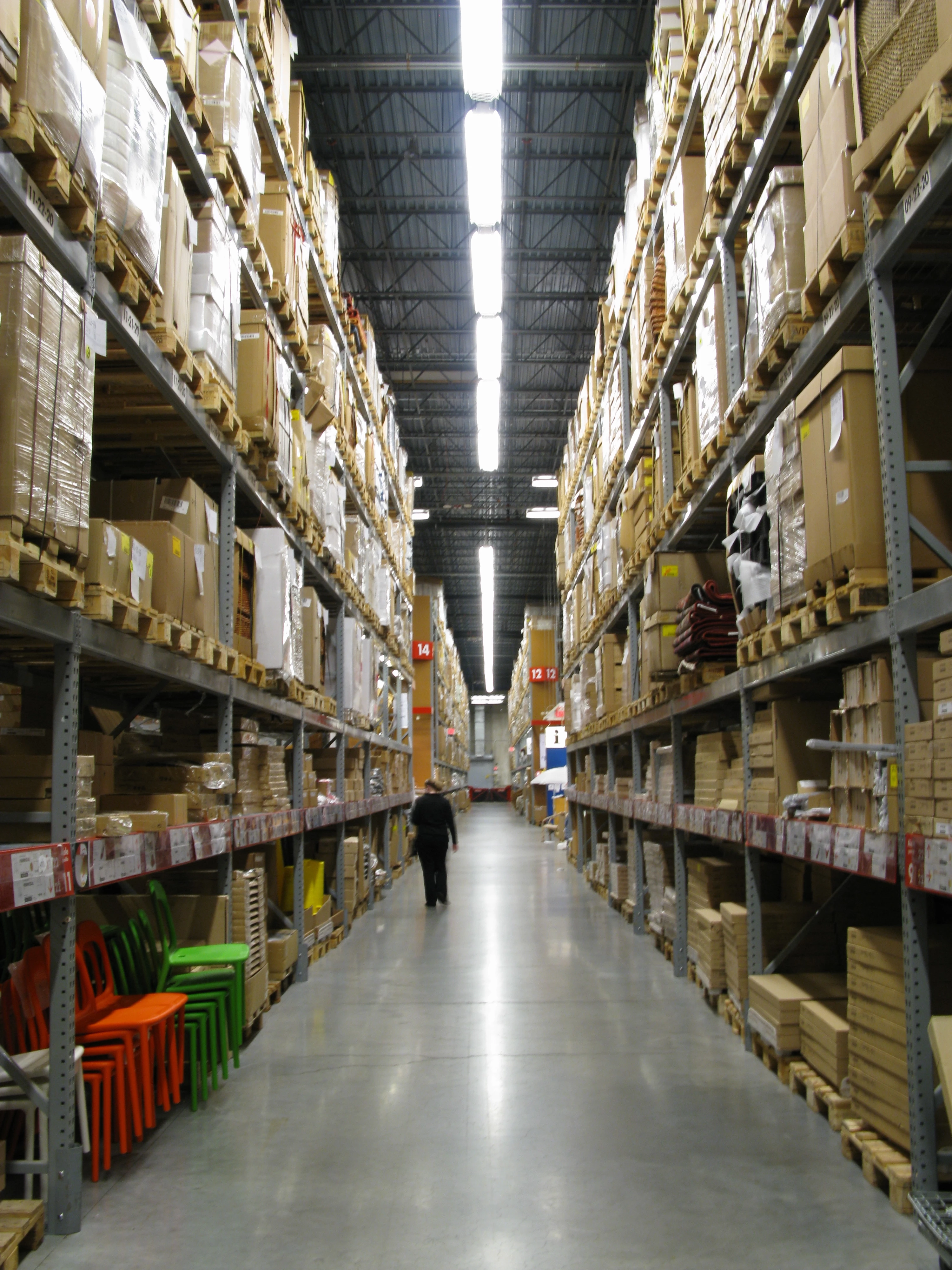
Partner Article
The potential for AI
Artificial intelligence (AI) is expected to grow massively in 2017. Analyst firm Forrester predicts investment in AI to treble in 2017 alone. The impact could well be profound, potentially transforming industries and providing huge streamlining and commercially beneficial upsides. The potential benefits will no doubt be of interest to those in the retail and logistics sectors. But is AI still a nascent technology? Could AI transform the retail and logistics industries? We’ll examine these questions here.Artificial intelligence (AI) is expected to grow massively in 2017. Analyst firm Forrester predicts investment in AI to treble in 2017 alone. The impact could well be profound, potentially transforming industries and providing huge streamlining and commercially beneficial upsides. The potential benefits will no doubt be of interest to those in the retail and logistics sectors. But is AI still a nascent technology? Could AI transform the retail and logistics industries? We’ll examine these questions here.
Retailers are clearly starting to dabble with AI. The highly innovative Amazon has already taken a keen interest in AI – alongside experimentation and innovation with a whole range of other technologies, most notably drones. In 2016 outdoor clothing retailer North Face began using Watson, IBM’s cognitive computing platform, to power a personalised shopping experience for customers on its website. Another company exploring the possibilities of cognitive computing and AI in retail is luxury fashion retailer Yoox Net-a-Porter Group. The company is exploring a number of different ways AI can be incorporated into its programming to provide customer and business benefits.
**Could AI really transform retail and logistics? **
In the future AI certainly has the potential to transform the retail industry from the operations side through to marketing and store optimisation. It can help streamline and improve customer service, enhance the customer experience and provide insight that can be used for commercial gain.
When it comes to customer service AI is already making some inroads. For example, some customer service centres have AI powered bots that can replace or assist humans working in customer service. By automating responses to basic customer queries, chatbots decrease agent handle time (AHT) by 10 percent or more. They also help reduce issue escalation to higher-cost support, increase first contact resolution (FCR) rates, and decrease agent training time for basic tasks that can be handled by chatbots.
Better customer service feeds into better customer experience. In addition, the potential for AI to be used to improve delivery and fulfilment within the logistics side of ecommerce is one that many are keen to explore. Streamlining operations within the warehouse can make the difference between a business just coping with demand or being planning for growth. The ability to better predict trends and peaks will enable businesses to thrive in a constantly growing marketplace. The efficiencies that AI could drive, alongside humans, will result in commercial gains that will likely benefit business by improving margins and increasing profits.
Despite the potential benefits of AI for retail, the adoption of AI for most retailers is something that is more on the horizon than an immediate opportunity. Transformative change can and does happen, but it takes time. AI for now is something to be monitored, perhaps tested alongside existing systems, but full deployment of AI systems is still a little while away. Change will be incremental as the technology develops and proves its benefits. At the end of the day like all expenditure it will need to prove an ROI before mass-adoption takes place.
In the meantime, businesses in the retail and logistics sectors will continue to focus on other ways to streamline their processes and improve the customer experience.
https://www.flickr.com/photos/pong/2390885810/
This was posted in Bdaily's Members' News section by Matthew Robertson .








 Raising the bar to boost North East growth
Raising the bar to boost North East growth
 Navigating the messy middle of business growth
Navigating the messy middle of business growth
 We must make it easier to hire young people
We must make it easier to hire young people
 Why community-based care is key to NHS' future
Why community-based care is key to NHS' future
 Culture, confidence and creativity in the North East
Culture, confidence and creativity in the North East
 Putting in the groundwork to boost skills
Putting in the groundwork to boost skills
 £100,000 milestone drives forward STEM work
£100,000 milestone drives forward STEM work
 Restoring confidence for the economic road ahead
Restoring confidence for the economic road ahead
 Ready to scale? Buy-and-build offers opportunity
Ready to scale? Buy-and-build offers opportunity
 When will our regional economy grow?
When will our regional economy grow?
 Creating a thriving North East construction sector
Creating a thriving North East construction sector
 Why investors are still backing the North East
Why investors are still backing the North East